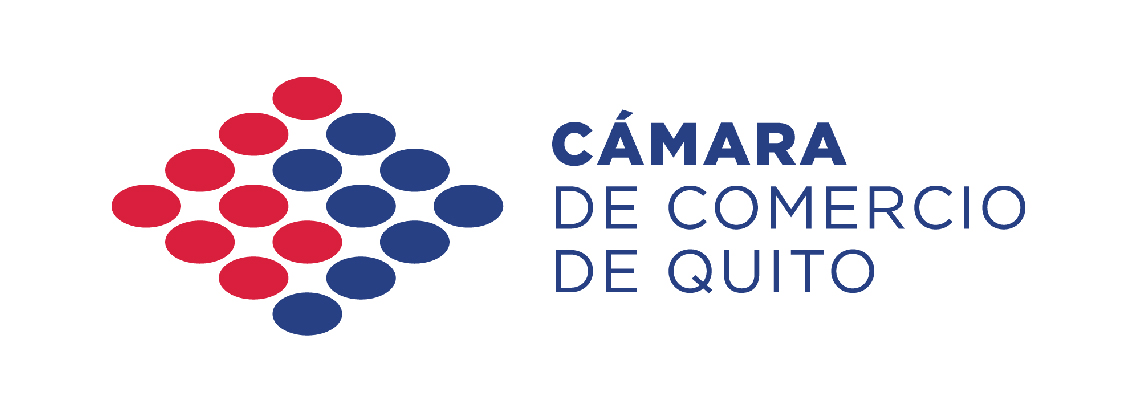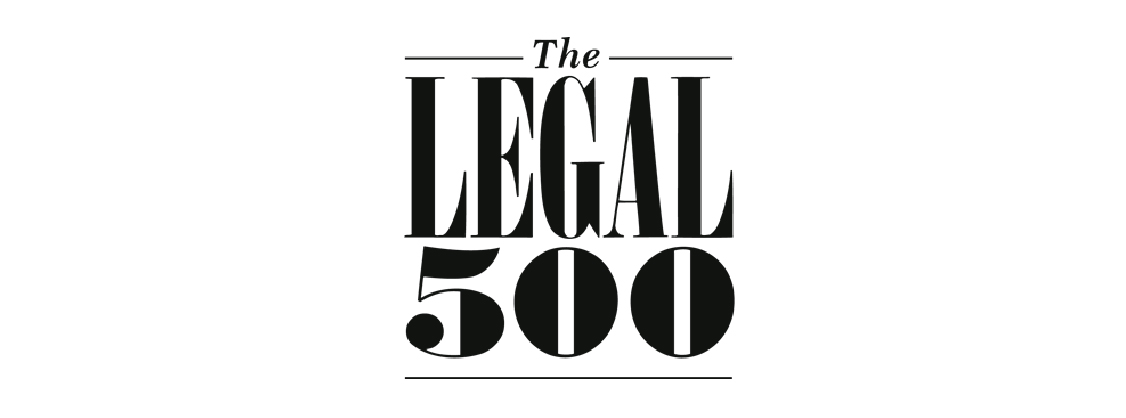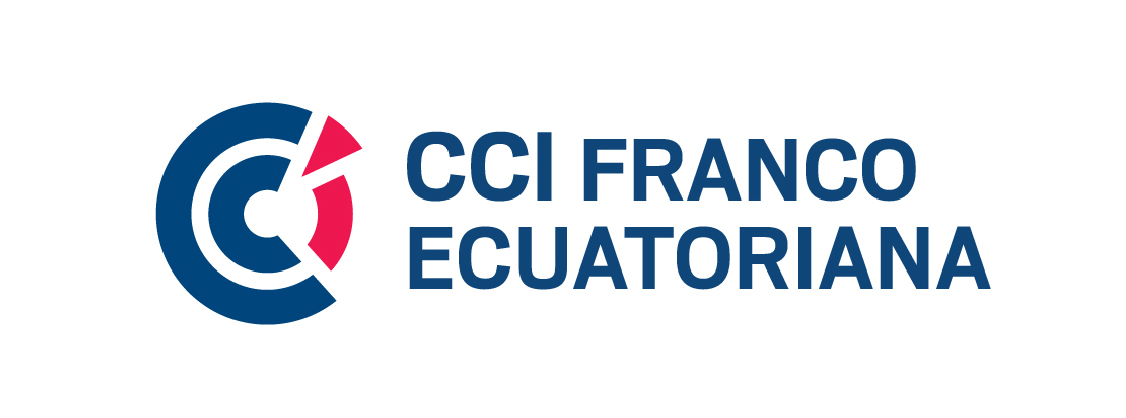Quevedo & Ponce Law Firm Quito-Ecuador Specializing in Intellectual Property.


Quevedo & Ponce Featured Legal Services
We are your best choice
Quevedo & Ponce Law Firm
We understand that businesses operate according to their own interests and structures, so it is essential for us to understand each of our clients’ companies.
Trusted in the Legal Profession
We maintain ongoing collaboration with prominent law firms around the world and have partnered with them in both domestic and international litigation. These long-standing alliances enhance our ability to provide strategic, multidisciplinary solutions in cases requiring exceptional legal insight and technical expertise.
Our Strategic Partners
Quevedo & Ponce Legal Services
Our Affiliations







Testimonials
Why our clients choose us

First Level Advice
Clients choose Quevedo & Ponce to protect and develop their business operations, brands and Intellectual Property needs because of our top-notch advice and exceptional responsiveness.

Experience
Trusted for 80 years by multiple clients, including small startups and Fortune 500 companies, the firm uses advanced technology to provide efficient, personalized care.

Professional team
Quevedo & Ponce has a highly experienced team of multilingual attorneys who advise on local and cross-border protection strategies, earning us a reputation for reliability and expertise in complex litigation matters across industries.
What they say about us




Quevedo & Ponce Legal Team
Quevedo & Ponce
The leading law firm in Ecuador specialized in intellectual property.
We are proud to have been able to maintain our high standards since the beginning of the firm and that our clients believe in our value propositions.
Our Firm is stronger than ever and rest assured that our quality services will continue into the future.
- Tell us your case
Join our Newsletter
Legal News
The National Court of Justice establishes a new binding jurisprudential precedent on employer retirement compensation
The National Court of Justice has issued a new binding jurisprudential precedent that redefines the calculation of employer retirement compensation in Ecuador. Resolution No. 16-2025 specifies which amounts may be deducted from the employee’s individual retirement fund, reinforcing the principle of favorability and legal security in labor matters.
IESS and Enforcement Actions: The Constitutional Court Shields Shareholders and Bans Administrative Travel Restrictions
Constitutional Court Ruling 3364-21-EP/25 protects shareholders from IESS enforcement measures, prohibiting administrative travel bans and personal liability without judicial intervention. The decision strengthens corporate legal certainty and upholds the binding precedent 22-13-IN/20
Geographical Indications: Value and Protection of Origin
Geographical indications (GIs) are a form of intellectual property protection that recognizes the link between a product and its place of origin. They ensure that the product’s characteristics, quality, or goodwill derive from its geographic environment, helping preserve authenticity, strengthen the local economy, and protect the cultural heritage of communities.
Corporate Transformation and Sports Joint Stock Companies: Effects of the Constitutional Court Decision that Invalidated the Organic Law of National Solidarity
The Constitutional Court of Ecuador declared the total unconstitutionality of the Organic Law of National Solidarity, determining that it was enacted in violation of the principle of unity of subject matter and the ordinary legislative procedure. This decision nullifies the obligations imposed upon Simplified Stock Companies (S.A.S.) and Sports Joint Stock Companies (S.A.D.), restoring the previous regulatory framework and reaffirming both the supremacy of constitutional review and the need of maintaining normative coherence within the Ecuadorian legal system.
Mediation: An effective and legal way to resolve conflicts in Ecuador
Mediation is a conflict resolution process whereby the parties, assisted by a neutral third party called a mediator, seek to reach a voluntary agreement on a negotiable matter, in an extrajudicial and definitive manner. This mechanism promotes fast, confidential, and fair solutions that have the same legal validity as a final judgment, fostering dialogue and a culture of peace in Ecuador.
New Rules for Communal and Savings Funds: A Framework of Control and Transparency
The Superintendence of Popular and Solidarity Economy (SEPS) has established new rules for the incorporation, governance, and liquidation of communal and savings funds, effective as of November 20, 2025. This regulatory framework strengthens the transparency, monitoring, and financial security, ensuring that these community-based entities can manage resources, grant loans, and contribute to the development of the popular and solidarity economy.
Relationship between Customs (SENAE) and Intellectual Property (SENADI) in Ecuador
Customs and the National Service for Intellectual Rights work together to protect legitimate trade and prevent counterfeiting, smuggling, and piracy. Through the Customs Intellectual Property Registry, trademark, patent, and copyright holders can register their creations to strengthen protection at the border.










